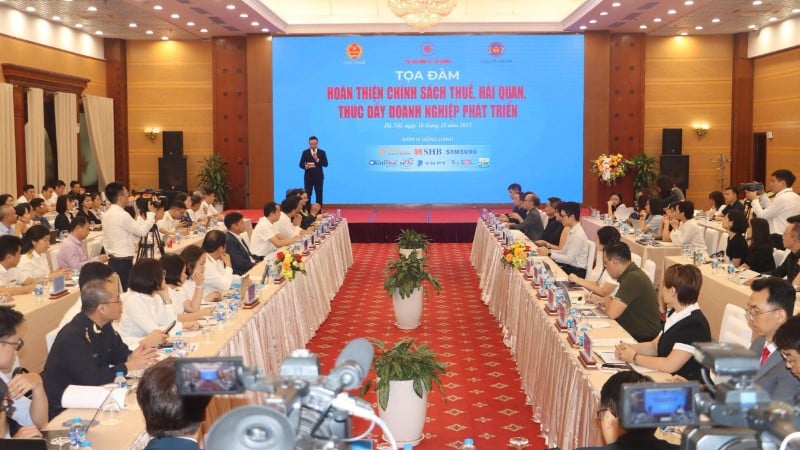
Responding to the spirit of strong innovation in law-making work according to Resolution 66-NQ/TW of the Politburo and the Government's Action Program in Resolution 140/NQ-CP, the Ministry of Finance is focusing on implementing the goal of "cutting 30% of administrative procedures, 30% of time and 30% of compliance costs for people and businesses". This is a step to concretize the direction of Prime Minister Pham Minh Chinh to reduce inputs, creating room for development for the production and business sector.
In addition to that orientation, the Prime Minister 's Official Dispatch No. 159/CD-TTg dated September 7, 2025 continues to request the Ministry of Finance to perfect fiscal institutions, tax policies, fees and charges in accordance with the development context and people's income. Along with that, the Government assigned the Ministry of Finance to strongly implement policies on tax extension, tax exemption and reduction, land rent, production and business support, job creation and livelihoods for people.
In response to this request, the Minister of Finance issued Decision 2421/QD-BTC dated July 9, 2025 approving the plan to reduce and simplify administrative procedures in 2025 related to production and business activities under the management of the Ministry. This is a step demonstrating the efforts of the Finance sector in creating a transparent and flexible institutional environment, suitable for the requirements of economic development in the New Era.
Flexible tax policy to support small and medium enterprises
At the seminar, Deputy Director of the Tax Department Dang Ngoc Minh said that in the context of global and domestic economic fluctuations, the Government has issued a series of flexible fiscal policies, in which tax policy is considered an important regulatory tool to reduce costs, encourage innovation and promote growth recovery.
According to the Corporate Income Tax Law No. 67/2025/QH15, the general tax rate of 20% continues to be maintained, ensuring competitiveness and long-term sustainability. However, the State has applied a more flexible tax rate for small and micro enterprises: 15% for enterprises with revenue of no more than VND 3 billion/year and 17% for enterprises with revenue from VND 3 to 50 billion/year.
This policy clearly demonstrates the State's spirit of sharing, creating conditions for small-scale enterprises to accumulate resources, expand investment and restructure production. This is also a step to implement the spirit of Resolution 68/2025/QH15 on private economic development and Resolution 198/2025/QH15 on supporting economic recovery.
At the same time, the tax sector has strongly implemented support packages to extend, exempt and reduce taxes, fees and land rents. According to Decree 82/2025/ND-CP and Decree 81/2025/ND-CP dated April 2, 2025, the deadline for paying VAT, corporate income tax, personal income tax and land rents has been extended by many months, while the special consumption tax on domestically produced cars has also been extended. The total amount of tax exempted, reduced and extended in the first 6 months of 2025 is estimated at about VND 96,749 billion, a figure that clearly reflects the financial sector's support for businesses in the context of economic recovery.
Implementing Resolution 66/NQ-CP, the Tax Department is continuing to cut and simplify administrative processes and procedures; eliminate unnecessary intermediaries; expand online public services throughout the process, helping businesses easily fulfill their tax obligations anytime, anywhere.
On the roadmap for the Tax Sector Development Strategy to 2030, digital transformation is identified as a key pillar. The tax sector aims to build a comprehensive electronic tax ecosystem, connected with the national data system, banks and ministries and sectors, helping to increase transparency, reduce fraud and provide more effective support to taxpayers.
Customs pioneers reform, reduces pre-inspection, increases post-inspection
Along with the tax sector, the Customs Department is also leading the group of administrative reform units under the Ministry of Finance. Deputy Director of the Customs Department Tran Duc Hung said that in May 2025, the Department completed a comprehensive review of 214 administrative procedures and 29 business conditions under its management.
The review results are specified in Decision 2421/QD-BTC of the Minister of Finance and Decision 1848/QD-TTg dated August 27, 2025 of the Prime Minister, with a plan to reduce and simplify 39 administrative procedures in the customs sector and abolish 15 business conditions that are no longer appropriate. This result exceeds the target that the General Secretary assigned to the Customs sector in the 2025 Business Regulation Reduction Program.
Along with cutting down procedures, Vietnam Customs has promoted the application of risk management models and modern customs management methods. The Department has approved a project to reduce the rate of inspection of import and export goods, aiming to reach 70% green channels, 25% yellow channels and no more than 5% red channels by 2026.
This is a big step towards the model of "reducing pre-inspection, increasing post-inspection", in line with international practices, helping to shorten customs clearance time, reduce logistics costs and enhance business competitiveness.
In addition, the Customs Department has strongly implemented digital transformation in customs management and supervision, considering this a pillar to support import-export enterprises. The industry is gradually building a digital customs system - smart customs, connecting with specialized management agencies, ensuring transparency of processes, reducing direct contact and promoting smooth trade.
Customs also focuses on the project to reduce the rate of specialized inspections, coordinate with ministries and branches to review and eliminate overlaps, and expand the Authentication Enterprise (AEO) mechanism for small and medium-sized enterprises, helping them access incentives for inspection and faster customs clearance.
The second session of the seminar was dedicated to direct dialogue between policymakers, experts and businesses, focusing on prominent issues such as: on-site import-export procedures, public-private partnership in procedural reform, expansion of priority enterprises, e-invoices and tax management via digital platforms.
Speakers, business representatives, and associations made many practical recommendations such as: shortening the value-added tax refund process, synchronizing the customs management system with logistics, increasing policy predictability, and promoting a two-way feedback mechanism between businesses and management agencies.
Source: https://nhandan.vn/hoan-thien-chinh-sach-thue-hai-quan-dong-luc-thuc-day-doanh-nghiep-phat-trien-post915780.html





![[Photo] General Secretary To Lam attends the 18th Hanoi Party Congress, term 2025-2030](https://vphoto.vietnam.vn/thumb/1200x675/vietnam/resource/IMAGE/2025/10/16/1760581023342_cover-0367-jpg.webp)

![[Photo] Conference of the Government Party Committee Standing Committee and the National Assembly Party Committee Standing Committee on the 10th Session, 15th National Assembly](https://vphoto.vietnam.vn/thumb/1200x675/vietnam/resource/IMAGE/2025/10/15/1760543205375_dsc-7128-jpg.webp)


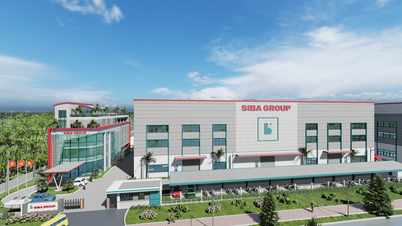

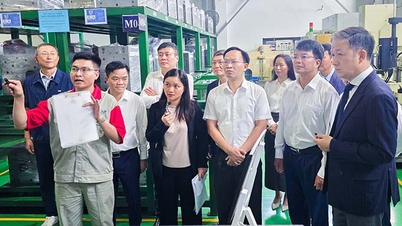



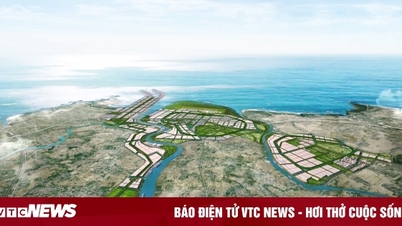






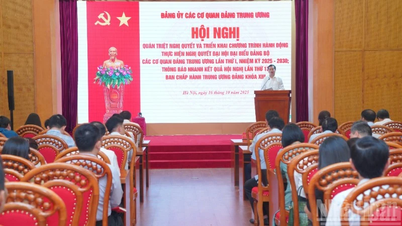
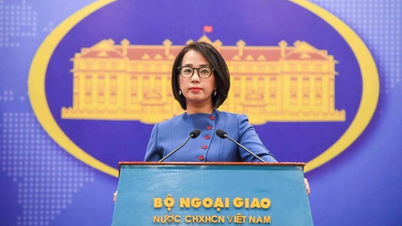
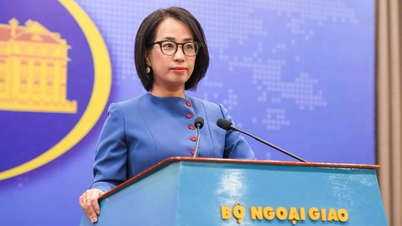


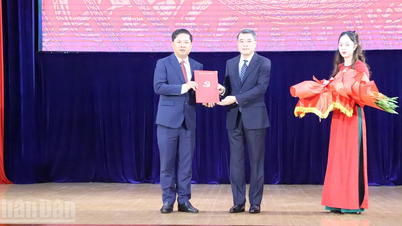








![[Video] TripAdvisor honors many famous attractions of Ninh Binh](https://vphoto.vietnam.vn/thumb/402x226/vietnam/resource/IMAGE/2025/10/16/1760574721908_vinh-danh-ninh-binh-7368-jpg.webp)



























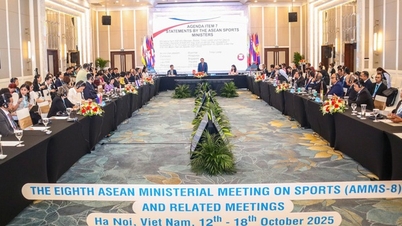



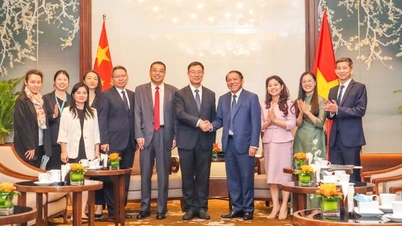
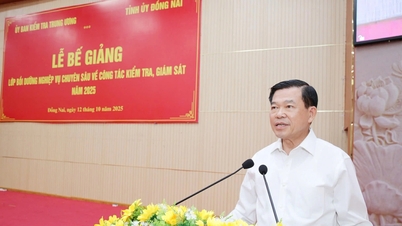



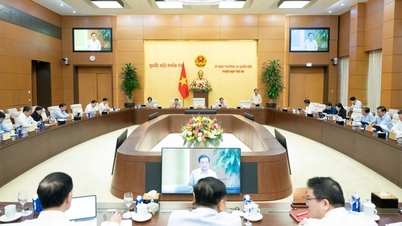
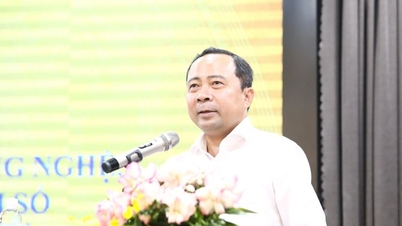



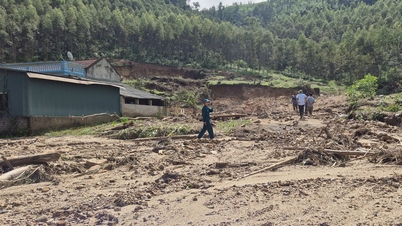



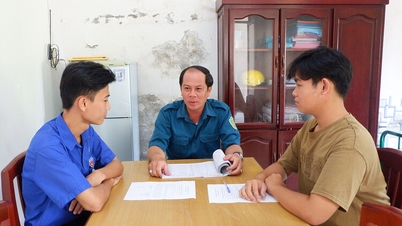
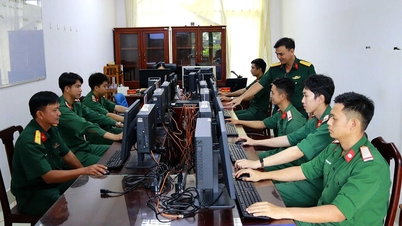
















Comment (0)